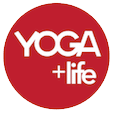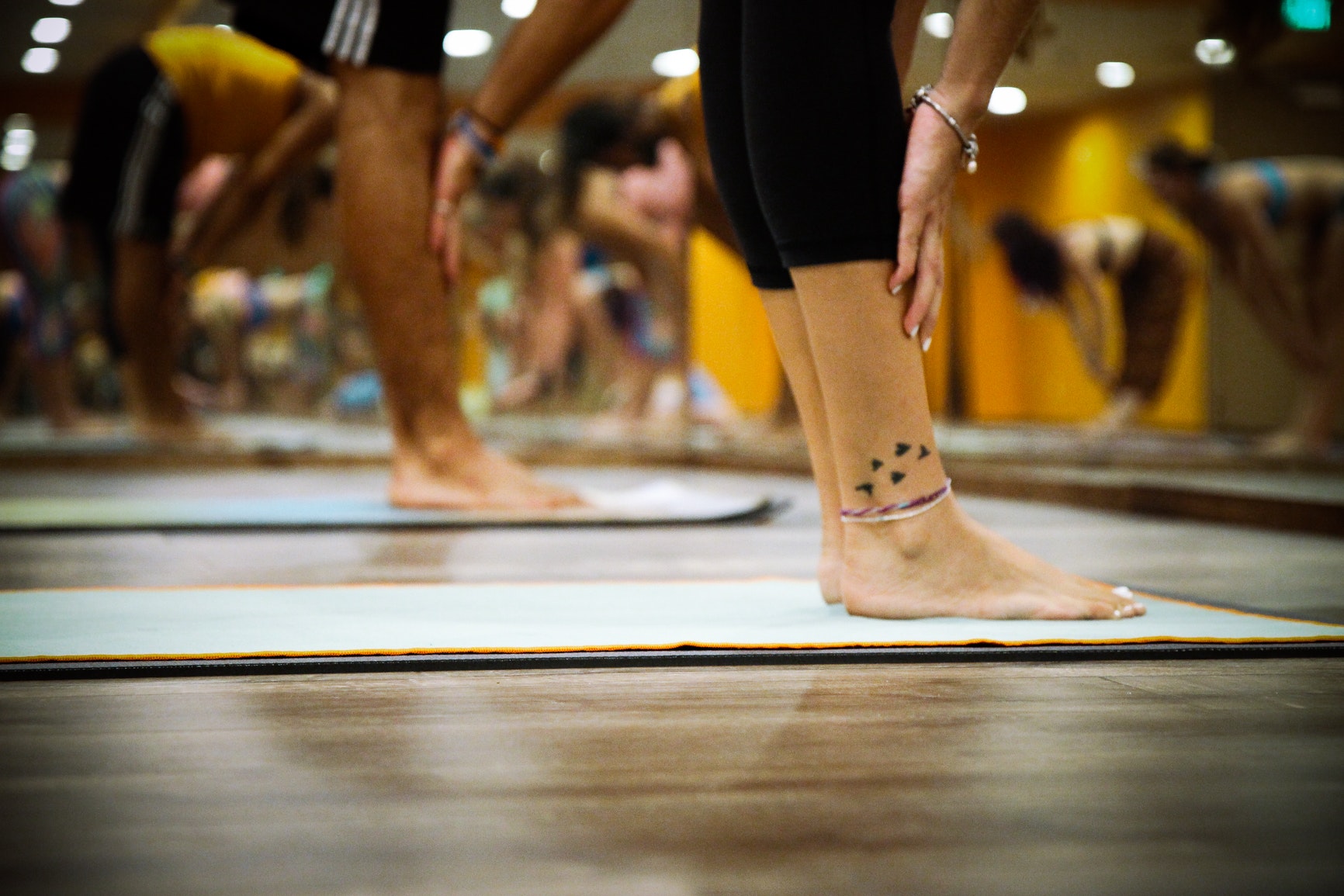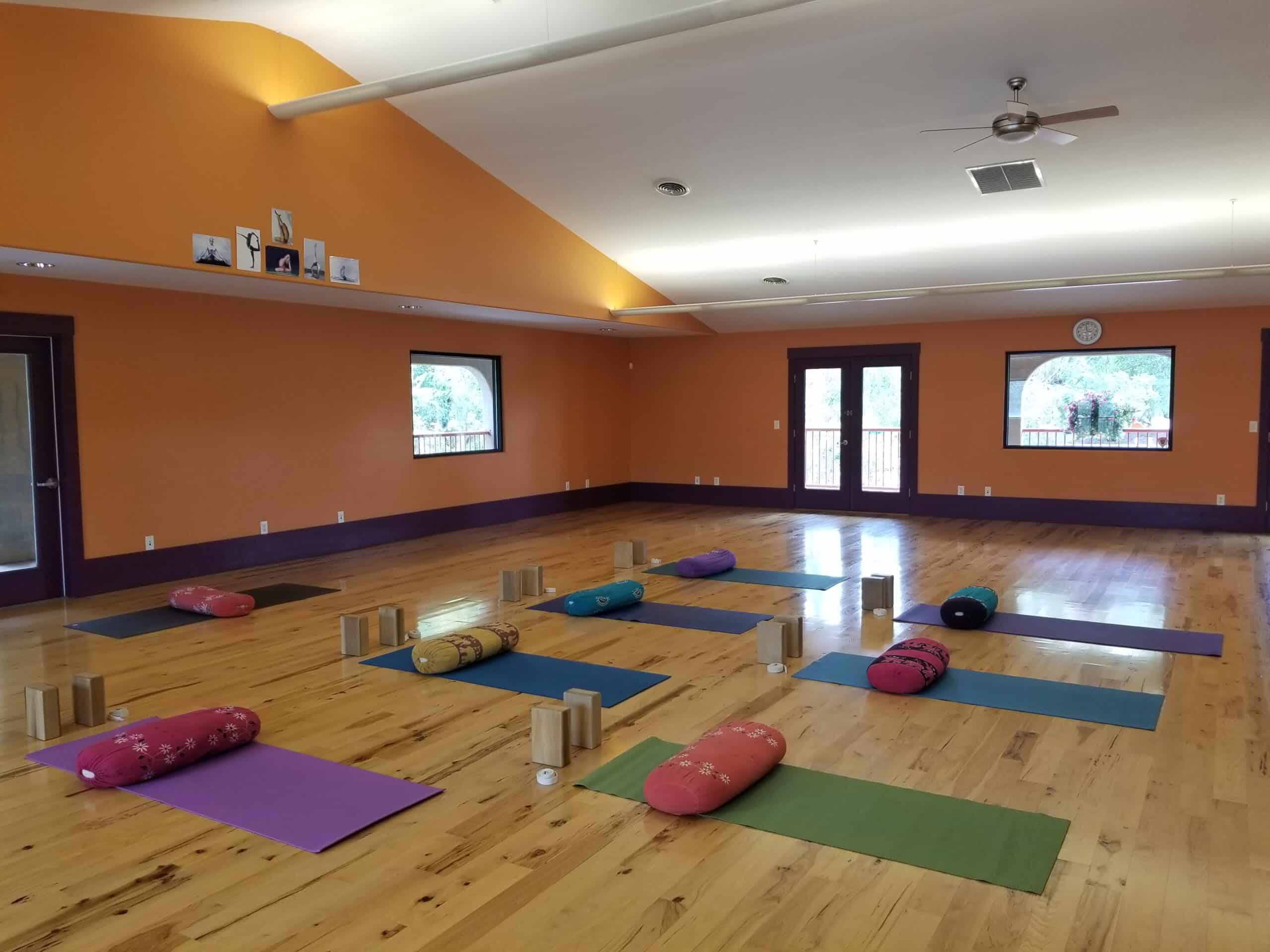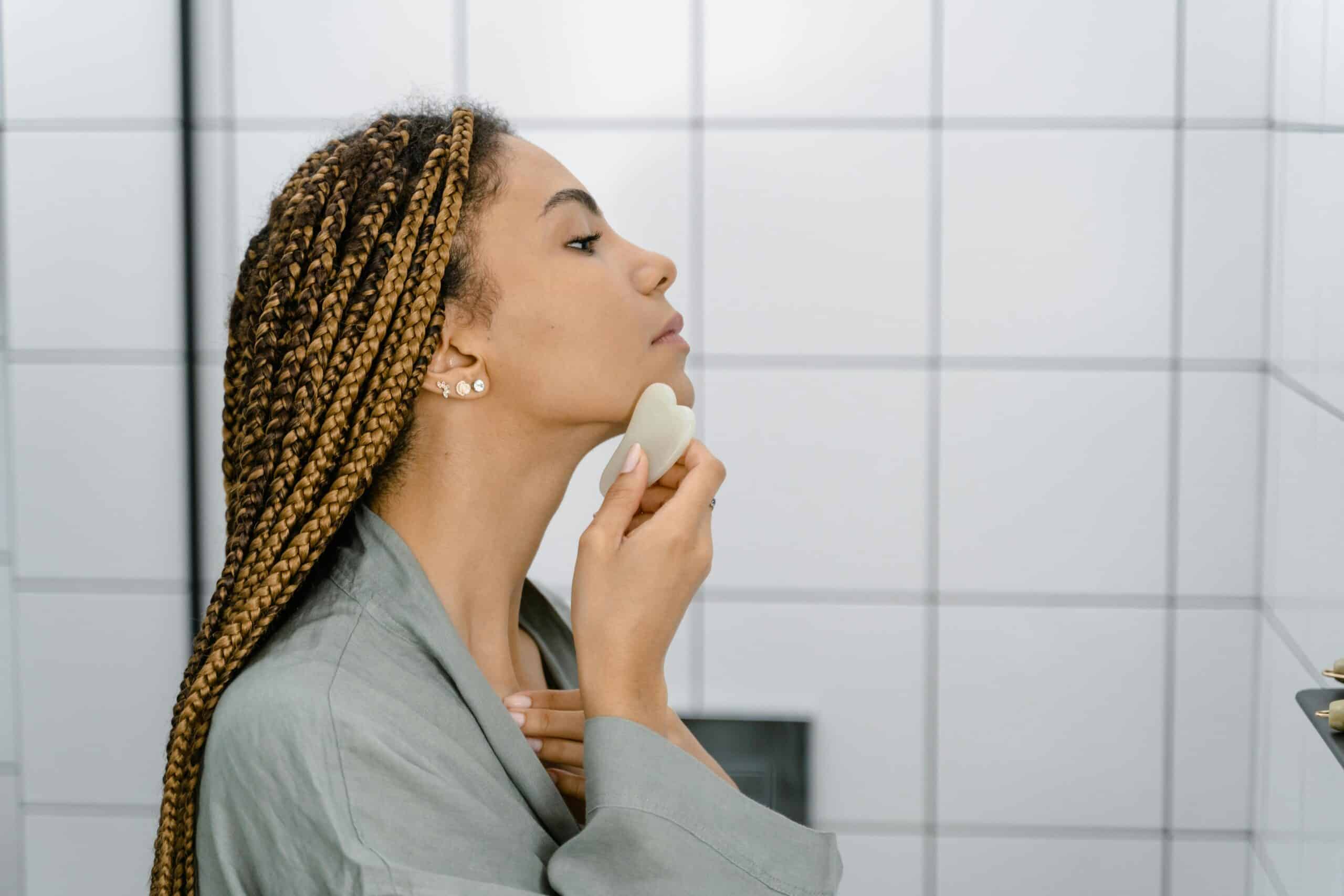4 Ways to Find the Right Yoga or Fitness Instructor for You (Plus Why It’s So Important)
Before eating at a new restaurant, most of us are in the habit of looking up reviews online, and same thing goes for choosing a new dentist or vet. We research these professionals’ credentials and philosophies, seek out reviews and otherwise investigate whether we think they’ll be a good fit before we ever step foot in their practice.
But in the world of yoga and fitness, many of us aren’t quite so discerning. In a recent, informal social media poll, Yoga Off Broadway discovered that many students assume that if someone is teaching a yoga or fitness class or leading a workshop, then they’re qualified to do so.
In a perfect world, this would be the case. But in reality, many teachers and facilitators teach beyond their qualifications (or without any qualifications at all). And there are very few formal regulations or requirements for teachers in the first place, particularly in the world of yoga.
That’s not to say unqualified teachers are maliciously misleading their students; after all, most people get into teaching yoga or fitness because they want to help other people. But sometimes that enthusiasm can lead to biting off more than they’re qualified to chew (perhaps without even realizing they’re doing it), and that can have serious ramifications for the students who trust teachers to keep them safe.
Bottom line? If you want to ensure that the instruction you’re receiving is grounded in a solid education and has a high likelihood of supporting your physical and psychological wellbeing, then it’s up to you to do your research.
Here’s a closer look at some of the perils you might encounter while seeking teachers in the yoga and fitness industries — plus four ways to practice greater discernment so you can find a qualified instructor that’s right for you.
Why Trust Isn’t Enough: The Wild West of Yoga and Fitness
Most yoga and fitness instructors or workshop facilitators do what they do with the best of intentions: they want to help other people feel better in their body and/or mind. These intentions are laudable, but they’re not necessarily sufficient when it comes to keeping students physically and psychologically safe.
In the yoga world, there are technically no formal requirements involved in becoming a teacher. Same goes for leading workshops or retreats. This means there aren’t any checks and balances that determine whether this type of programming is accurate and safely presented.
While the world of personal training is slightly more regulated, it’s still possible for the line between fitness practitioners and qualified fitness instructors to become blurred. It’s one thing to have a personal familiarity with the fitness space and quite another to have studied and passed a test regarding one’s knowledge about the ins and outs of physiology, conditioning and so on.
In both yoga and fitness, the consequences of studying under an unqualified teacher may range from mild to severe.
For instance, a yoga or fitness teacher without a proper understanding of anatomy and alignment might unwittingly guide people into postures or exercises that are physically harmful and could lead to injury. A workshop facilitator might trigger participants’ trauma without any knowledge of how to guide people through the process of safely containing their emotional responses. And unqualified instructors might turn people off from an activity that could be tremendously beneficial to them in better circumstances.
Amplify Your Discernment: How to Choose the Right Teacher for You
So if it’s not enough to trust that a yoga or fitness instructor is qualified simply because they’re teaching a class or workshop, how can you rest assured that you’ve found a teacher who has the knowledge necessary to keep you safe and advise you properly? Here are four strategies for doing just that.
- Make sure your yoga instructors have at least 200-hour certification.
This certification system isn’t perfect, but it’s currently the best tool the yoga community has for distinguishing qualified teachers from uncertified ones. A 200-hour certification should provide a yoga teacher with the fundamental knowledge of anatomy and yogic philosophy to safely lead basic yoga classes.
If you’re taking a class in a specialized style of yoga (such as Buti, Yin, prenatal yoga and so on), then it’s also a good idea to confirm that the instructor holds an additional, specialized certification in that area. You should be able to research your instructor’s certifications on the studio’s website or simply by (respectfully!) asking the instructor before class.
- Ask your fitness instructors about their certifications and experience.
There are many processes for becoming a certified trainer and/or fitness instructor. Just as with yoga, the quality and nature of these certifications and courses can vary.
When it comes to hiring a personal trainer or strength coach, it’s generally a good idea to look for someone with one of the following certifications:
CSCS*D (Certified Strength and Conditioning Specialist with Distinction)
CSCS (Certified Strength and Conditioning Specialist)
NSCA (National Strength and Conditioning Association)
NASM (National Academy of Sports Medicine)
ACSM (American College of Sports Medicine)
If you’re considering a group fitness instructor, then ACE (American Council on Exercise) and AFAA (Athletics and Fitness Association of America) are both good starting points. If your coach, trainer or instructor has a different certification from the ones listed here, then it may be worth researching the company and their accreditation.
Also, be aware that specialized fitness disciplines may have their own certifications. For instance, in the world of Pilates, the Pilates Method Alliance (PMA) is currently trying to regulate the industry; other certifying bodies include Balanced Body, Body Arts and Science International (BASI), Peak Pilates, STOTT Pilates and The Pilates Center.
To further determine whether a fitness instructor might be a good match for you, ask them about their philosophy around training clients. If you have injuries or specific goals, be sure to discuss these with the trainer to determine whether they’re comfortable crafting modifications and special considerations for your body.
- If a teacher or workshop facilitator is offering psychological or life coaching, consider whether they have appropriate training.
There are no formal requirements attached to the “life coach” label — anyone can claim to be a life coach, so it’s important to understand why someone believes themselves to be qualified for that role. Likewise, many workshops go beyond the scope of yoga or fitness training and enter the world of psychological work, and there are no formal requirements for facilitators who lead this type of programming.
In any of these cases, it’s a good idea to look for someone with training in the area of psychology and/or counseling. It’s also helpful to pay attention to whether the instructor is aware of and transparent about what they don’t know. For instance, do they acknowledge that they aren’t a trained counselor (if they’re not), or do they speak as if they have formal training even when they don’t?
Paying attention to both a facilitator’s technical qualifications and their transparency about what they do and do not know can give you insights into whether they’re equipped to lead a safe workshop.
- Know that it’s okay to walk out on a class or workshop.
No person — no matter how qualified — has the ability to unequivocally tell someone else what is or is not right for their body or mind. You are your most important advocate, and it’s essential that you take ownership of that big responsibility every time you step into a yoga or fitness studio.
You are your most important advocate.
That means taking the initiative to research the backgrounds and qualifications of the people who want to guide you in your relationship with your mind and body. And it also means you should empower yourself to walk away or choose not to participate if you’re feeling uncomfortable or unsafe in a yoga- or fitness-related space (or anywhere else!).
If a teacher judges you for caring for your body and/or mind in ways that feel appropriate to your needs, then it’s a sign that they’re not necessarily equipped to be guiding you in your wellness journey.
If, on the other hand, your teacher has earned demonstrable qualifications, teaches to the full extent of their abilities but not beyond them, and respects and affirms the fact that you have the final say over what you do and do not do with your body or mind, then those are good signs that you’ve found a great teacher for you.

This article was written as a collaboration between Laura Newcomer, Yvonne Schwartz, John MarkSeelig and Angela Muzic. Join this group on Wednesday, April 10 for a panel discussion on Ethics in Yoga, Fitness and Energy Work. The event is free and will be held at Eagle Climbing + Fitness in Eagle, Colorado, from 6 to 8 p.m. Spaces are limited so it is recommended to sign up in advance at www.yogaoffbroadway.com/yob-workshops.
Introducing the Botanica beeswax jar candles, a pure concoction of raw beeswax and essential oils, no more, [...]

Subscribe to Our Tribe
Stay up to date with Y+L News, Events and special announcements.










